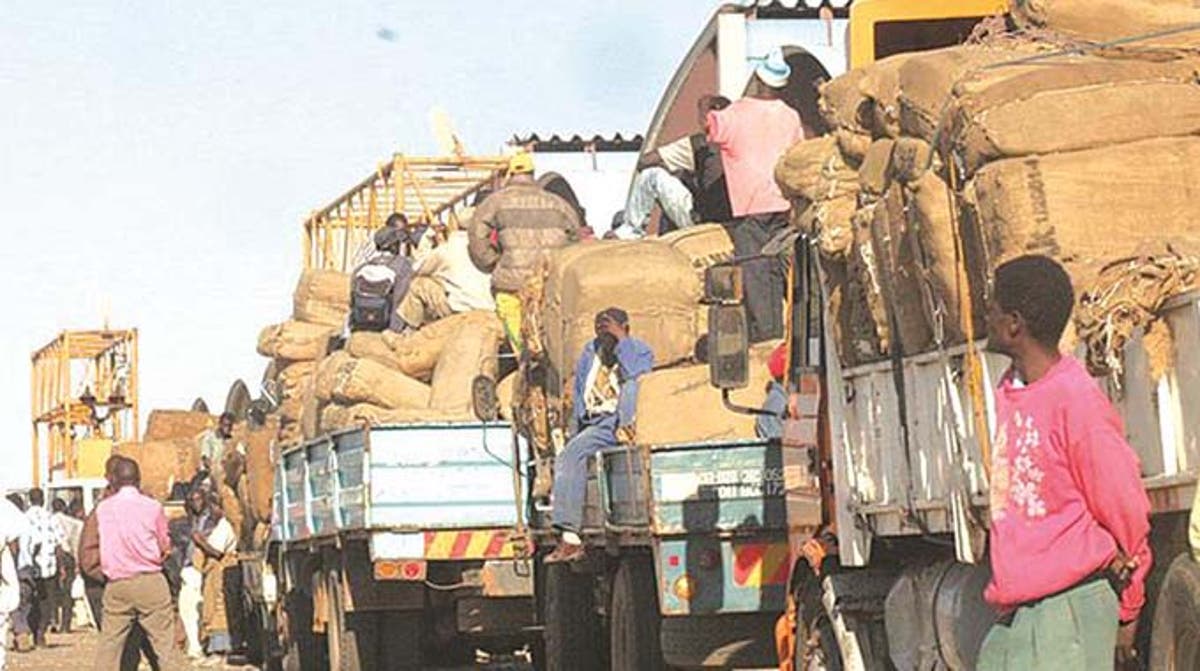Econet installs monitoring diagnostic technology
TELECOMS giant, Econet Wireless Zimbabwe, says it has installed monitoring diagnostic tools to curb revenue leakages and network fraud in line with the latest regulations under Statutory Instrument 95 of 2021.
Guided by the Telecommunications Traffic Monitoring and Revenue Assurance Regulations (Statutory Instrument 95/2021), the Postal and Telecommunications Regulatory Authority of Zimbabwe (Potraz), has a mandate to establish a non-intrusive electronic system that enables the regulator to independently monitor and account for national and international telecommunications traffic and revenues.
The intervention is meant to combat network fraud, enforce billing integrity and enhance revenue assurance for regulatory and tax purposes.
In a statement accompanying results for the financial year ended 28 February 2021, Econet acknowledged the World Bank Digital Economy for Zimbabwe Diagnostic report, which was launched in June 2021.
While the report categorises Zimbabwe as being ‘advanced’ in its infrastructure and connectivity service delivery due to the pioneering efforts of the group and its affiliate companies, Econet said there was scope for further improvements.
“Econet has already installed its own traffic monitoring diagnostic tools to avoid revenue leakages and traffic fraud,” said the company.
The telecommunications giant said it was still in consultations with Potraz on the implementation of SI95/2021, adding that it welcomes the priority given to developing the digital economy as part of the National Development Strategy 1 (NDS1).
The five-year blue-print, which succeeded the Transitional Stabilisation Programme, spells out policies, institutional reforms and national priorities from 2021-2025 for the country to attain an upper middle-income economy by 2030.
“We believe we already have and can continue to make a significant contribution to the national efforts. The rural population remains under-served in the new digital economy and we are always investigating lower cost relevant solutions to address this segment in line with Government’s developmental agenda,” said the company.
It said foreign currency availability continues to be the biggest hurdle it faces and this constrained the ability to provide adequate capacity to its customers.
“The company has encountered operational challenges to meet its capacity enhancement and routine maintenance requirements.
“We remain hopeful that the improvements in foreign currency availability due to interventions by the fiscal and monetary authorities will improve this situation in the foreseeable future,” it said.
“Our headline tariffs were last reviewed in August 2020. Given the inflationary pressures experienced, we believe that another tariff review is due in order for the sector to remain viable.
“All our pricing is determined by the regulator using given cost inputs. The timely adjustment of tariffs, using the Telecommunications Pricing Index, is critical to our continued viability as a business.”
However, consistent, high quality grid power supply remained a challenge during the period under review hence the firm used diesel-powered generators to supplement what was being drawn on the national grid.
“As a result, we continue to see an increase in our carbon footprint as well as the cost of doing business. We continue working to enhance our green footprint and reduce carbon emissions by increasing the number of solar powered base station sites,” said Econet.-herald.cl.zw










